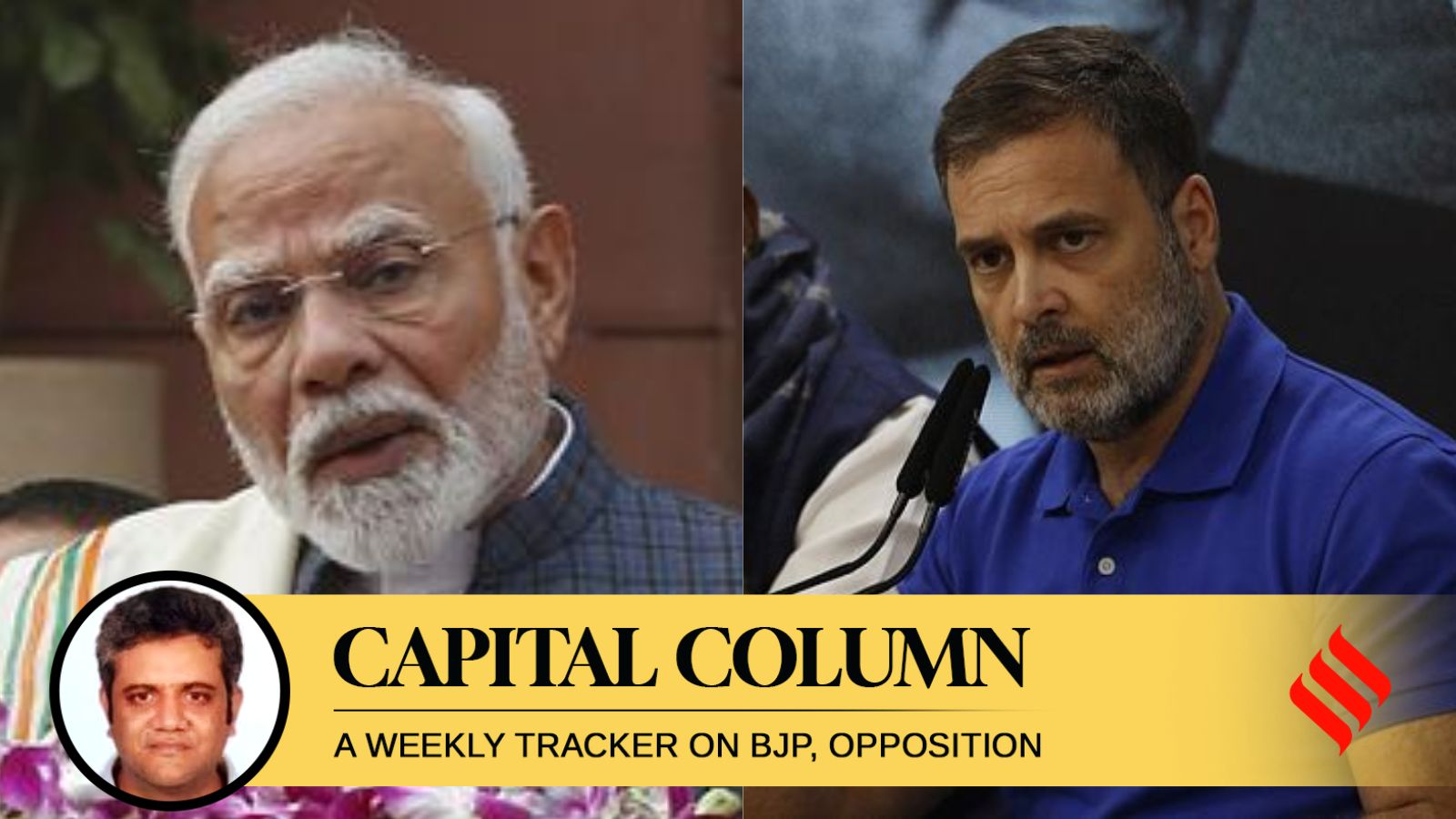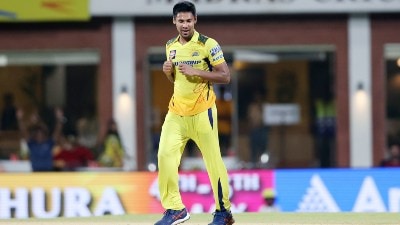In the run-up to the Lok Sabha elections, Congress MP Rahul Gandhi raised the pitch for a nationwide caste census and called for breaking through the “artificial ceiling of 50%” for reservations. Meanwhile, the BJP’s attempts to view its core ideological issues from the social justice prism have added a new dimension to it.
This is new for both the parties, with the caste pitch earlier the domain of regional outfits like the Bahujan Samaj Party (BSP), Samajwadi Party (SP), Rashtriya Janata Dal (RJD), Republican Party of India (Athawale), Lok Janshakti Party (Ram Vilas), etc.

However, due to the Congress’s focus on the issue, this has decisively changed over the past one year, and has made caste, reservations and the legacy of Dr B R Ambedkar overwhelming political themes across the ideological spectrum.
AICC secretary Chandan Yadav sees the party’s caste pitch as a “necessary to-do” in the politics of the country. “If caste impacts people’s lives from birth to death in our country, including who they can marry, their occupation and even influences which part of the village they can live in, it is necessary for our democracy that both caste diversity and caste discrimination are politically addressed,” he told The Indian Express.
Gandhi, over the past year, has been consistently trying to bring caste disparity in the country to the fore, talking about “90% of society being underrepresented while 10% walking away with all the benefits”. In September last year, he said in Parliament that of the 90 secretaries serving in the Central government, only three were OBCs. In August, he said that SCs, STs and OBCs did not figure among top media anchors and corporates, or even beauty contest winners.
The themes also dominated the Assembly poll campaigns in Jharkhand and Jammu and Kashmir this year. In J&K, the BJP claimed that the abrogation of Article 370 ushered in social justice in the erstwhile state. “The Modi government ended years of discrimination against Dalits, tribes, Pahadis, and backward communities by granting them reservations after the abrogation of Article 370 and 35A. Does Rahul Gandhi support the NC manifesto, which calls for abolishing reservations for Dalits, Gujjars, Bakerwals, and Pahadis? He should clarify the Congress’s stand on reservation,” Union Home Minister Amit Shah said during a poll rally in J&K.
The BJP also raised the changes it had brought at length during the recent debate on the Constitution in Parliament.
Story continues below this ad
In Jharkhand, the BJP accused the incumbent Hemant Soren government of “sheltering illegal immigrants from Bangladesh” for its vote bank politics, thus threatening the Adivasis of the state.
By bringing in SCs of J&K and STs of Jharkhand into the discourse, the BJP has expanded the stance of its ideological parent, the RSS, which has for long been raising the issue of “changing demography of Assam due to infiltration from Bangladesh”.
Jana Sangh founder Syama Prasad Mookerji repeatedly spoke against Article 370, saying “two flags, two Constitutions and two PMs” could not be allowed in one country. The introduction of a social justice angle has helped the BJP articulate its core Hindutva concerns in the framework of caste.
Former editor of the RSS-associated Organiser Seshadri Chari calls the BJP’s change of track an “intelligent” strategy to counter the Congress’s pitch. “The BJP’s Ram temple, Article 370 and other issues were basically an expression of cultural nationalism and its belief in the idea of one nation, one culture and one people. However, the Opposition continued to come out with strategies to counter it. The first strategy of the Congress since about 1990 – harping on the majority-minority fault line – gradually backfired, as there was majority consolidation in favour of the BJP. So, the Congress has recently decided to counter the BJP’s Hindutva cultural nationalism by playing on the caste fault line. The BJP has answered this by putting its core agendas within a caste framework, which I think is an intelligent move,” Chari told The Indian Express.
Story continues below this ad
Former BJP MP Bizay Sonkar Shastri has a slightly different take, claiming the caste angle was brought into J&K to widen the realisation about “the adverse effects” of Article 370. “In our party discussions earlier too, we would flag the plight of Valmikis of the Union Territory, who did not have citizenship benefits and could get jobs only as scavengers even if they were educated because there were no benefits provided to them in the state because of Article 370,” Shastri, who was chairman of the National Commission for SCs and STs before its bifurcation, said.

































